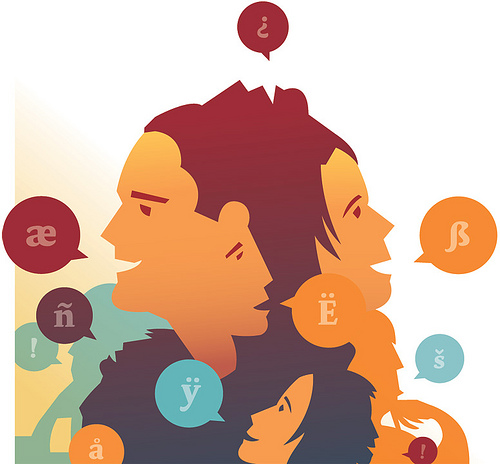Health is Where the Heart Is

Think about the last interaction you had, and imagine if you didn’t speak the same language as the other person. For instance, what if you were unable to communicate with your doctor at your last appointment? Languages such as Spanish have become prevalent in our society today; therefore, learning this language may not only help overcome language barriers, but also enhance patient-physician interactions in such a situation. UGA offers a variety of language courses that provide a firm understanding of a language, and can even facilitate the application of it into the community. SPAN 4090 (Practicum in Service Learning), for example, allows students to engage in community service-learning while improving their proficiency in the Spanish language.
Chandni Patel
Major: Biology, Spanish
As a fourth-year pre medical student, I have tried to seek out experiences that would set me apart from other students or applicants with résumés that sometimes seem to follow a formula-like approach. More importantly, I look for opportunities that I actually enjoy instead of doing things for the sake of having them “under my belt.” I added a major in Spanish because of my passion for the language and the increased opportunities it would provide me with in the medical field. I am currently in SPAN 4090, allows me to practice Spanish in the Athens community.
I volunteer at Mercy Health Center as an interpreter for Spanish-speaking patients with limited English skills. Mercy is a free health clinic that runs off of the volunteers’ contributions to the underserved population of Athens. I interact with patients in person and via phone and also help transcribe forms from English to Spanish. Not only has this been one of my most memorable volunteering experiences, but it has also improved my confidence in speaking and understanding the language. For instance, I get to utilize Spanish medical terminology when speaking to patients about their appointments and procedures.
The patients are always so gracious during our interactions, and it is always rewarding to know you’ve improved their healthcare experience in a small, yet meaningful way. The availability and quality of healthcare resources is an important issue, and I think that language barriers are one of these resources. Combining language studies and premedical studies, in my opinion, is a great way to break down these barriers—it’s a welcoming change of pace from all the science coursework, plus it definitely doesn’t hurt when you’re applying to medical school!
Ali Andani: Services at the Good Samaritan Health Center
Major: Biology, Spanish
A typical day for me at the Good Samaritan Health center is a day that allows me to truly engage in helping my local community and aid in the process seeing patients. Usually, I am checking messages in Spanish, making reminder appointment calls and helping with certain projects that are required from me. I also interact with patients at times, which offers me a glimpse into the clinical atmosphere. Many times I help with some of the interpretation that goes on as well. The volunteer experience is very interesting in that I get to see both a flipped perspective and a normal one: the view of a patient awaiting their doctor and a clinic serving its patient. What goes on behind the scenes is quite different
Being in a health center dedicated to helping out our local community gives the staff and volunteers a common purpose and sense of unity. We come together to do well and be there for our community. It really is an experience close to my heart because I receive self-satisfaction from helping others and helping patients minimize their pain. For me personally this a very heartwarming experience.


